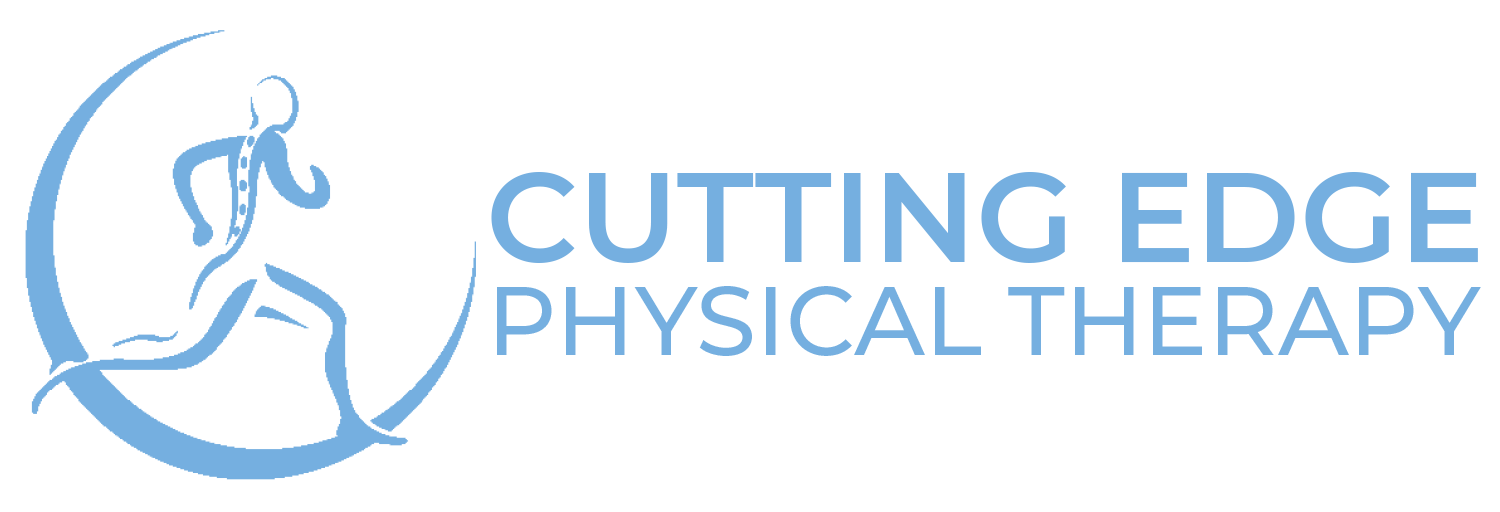Here’s what to expect at your first visit:
Our goal is simple: to help you recover and get back to what you love.
When your first appointment is booked, you’ve taken the first step to reclaiming your life.
Our team is looking forward to getting to know you so we can develop a personalized treatment plan to target your pain.
Here’s a short video that outlines everything you need to know to prepare for physical therapy:
How to prepare for your first appointment:
Here are a few simple things to know beforehand:
- You can save time and make the most of your visit to the clinic by filling out the new patient paperwork at home, and bringing it with you to the clinic.
- If you have already filled out the forms, show up 15 minutes before your appointment. If you haven’t filled out your forms yet, don’t worry. Just give yourself a few extra minutes prior to your appointment to fill them out.
- Your first appointment should last about an hour.
- Wear clothes that are comfortable and allow for easy movement.
- Remember to bring your health and insurance details, as well as any braces, crutches, and splints if needed.
Appointment FAQs
Not necessarily. If you miss an appointment or forget to do your HEP, it is important that you make that up. Most of the time, when a patient reports no progress, it turns out they struggled to commit to the process throughout their treatment. On the flipside, when our patients are consistent, they achieve positive results quickly.
It is common for patients to experience some muscle soreness in the first few weeks of physical therapy. The reason for this is because you are exercising and stretching a part of your body that isn’t used to the activity. When we recommend an exercise or stretch, we are specifically targeting the muscles, tendons/ligaments, and bone structures that are dysfunctional and causing you pain.
During your initial evaluation, your therapist may ask you a number of questions to determine what the cause of your pain is. This can include questions about your sleep habits, activity level, and work environment. They will also ask for a medical history, and then typically ask direct questions about where and when you experience pain.
We recommend budgeting 40-60 minutes for a typical therapy session. The only exception to this will be your first visit, which can take about 20 minutes longer due to the physical therapy evaluation your therapist will provide. We also recommend showing up about 10-15 minutes early to your first visit. This way, you can complete the paperwork before your visit time and streamline the process.
A typical order for physical therapy will ask for 2-3 visits per week for 4-6 weeks. Sometimes the order will specify something different. What generally happens is for the first 2-3 weeks, we recommend 3x per week. This is because it will be the most intensive portion of your treatment. After that, it is common to taper to 2x weekly, based on your level of function and progress.
If we are asking you to do something that is hurting too much, let us know! Physical therapy should not be severely painful. It is not common to be so sore that patients are in pain or it affects their daily life. If this ever happens during or after an appointment, let us know and we will adapt your program.
A physical therapy visit lasts about 40-60 minutes. The actual contents of the visit vary based on your diagnosis/need, but typically what happens is:
- You check in with the receptionist, make any appointments necessary, and we discuss your health insurance benefits with you.
- You go into the gym. You can change clothes if you need to, then begin therapy.
- You perform 6-8 various exercises and stretches. These can include therapeutic band exercises, light body weight exercises, or minimal weights. The stretches will promote strength, stability, improved range of motion, and pain relief.
- We can initiate other techniques to include manual work, taping, cupping, and dry needling as needed.
- The therapist makes recommendations based on your progress. These can include altering the frequency of visits, making additions/alterations to your home exercise plan, or things to do before your next visit.
